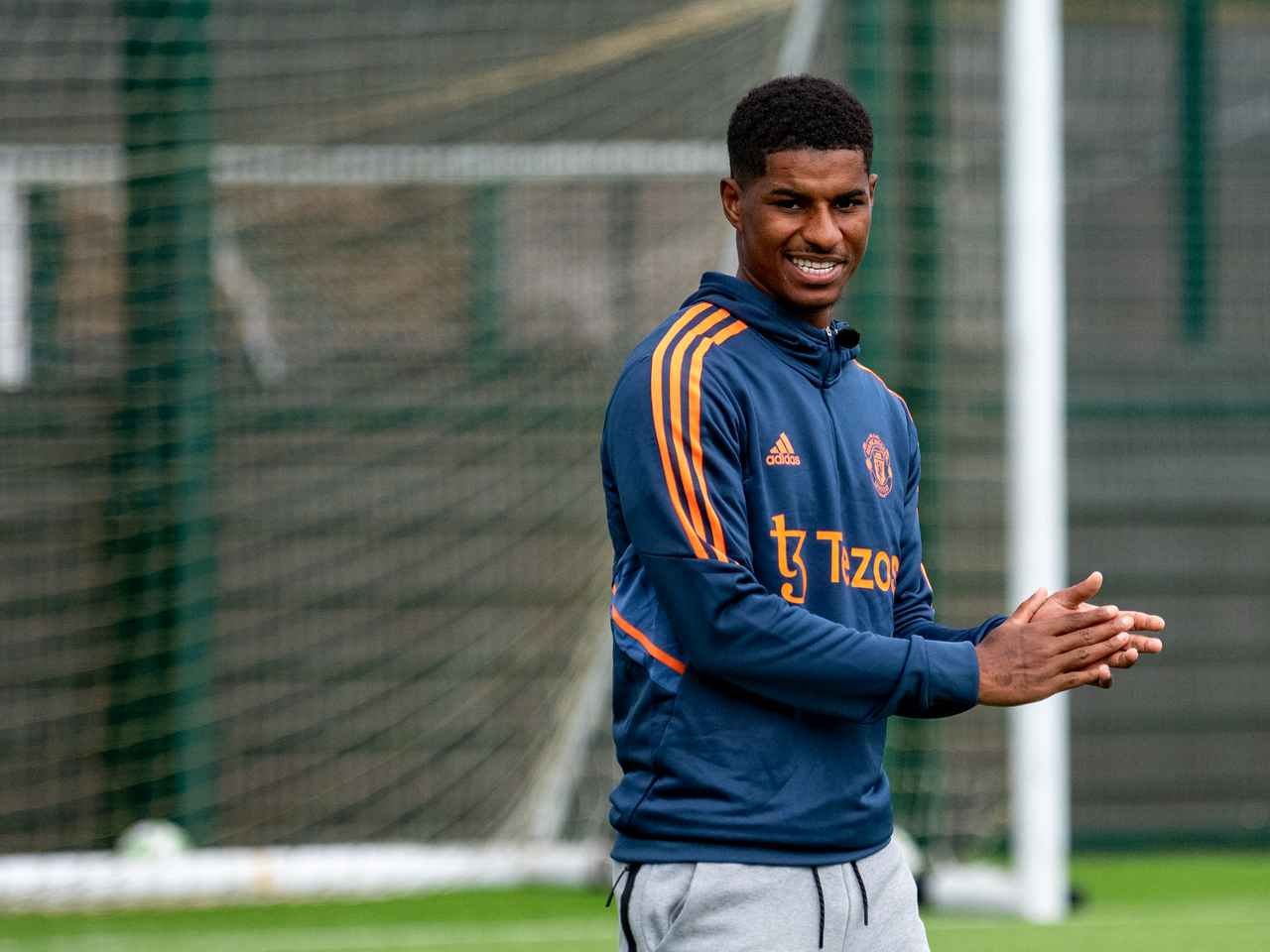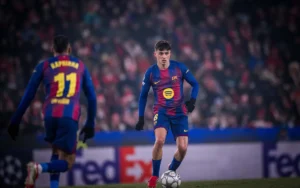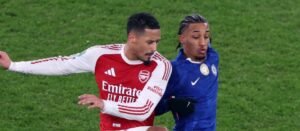Rashford’s loan move is a chance to finally terminate a never-ending, inextricable relationship and start on a clean slate elsewhere
It was long-drawn and not particularly without negativity but finally the divorce between Marcus Rashford and Manchester United is done and dusted. Or is it? The player still has to impress for Barcelona and convince them to pay €30-35m next summer to have him permanently.
But the onus is now on the forward. He says he already feels at home in Catalonia so that should be … easy enough?
The loan move is a chance for the player who has never known any home other than Manchester to start on a clean slate elsewhere. What did go wrong? Rashford has had an up-and-down career at United where he has been a hero and a villain at different times, uplifting and then disappointing in turn, like some weird hybrid deuteragonist in a Hollywood blockbuster: The Life and Times of Manchester U.
There was the Europa League triumph in 2017 where Rashford carried the team, the lifeblood in the midst of Mourinho’s injury-ridden squad of veterans. There was the period in 2020 where he played through a shoulder injury for much of the season because United had very limited options and needed the kid from Wythenshawe on the pitch.
Then there was that year. What Manchester United fan can forget the 2022-23 season when Marcus Rashford returned from the World Cup transformed? The goals flowed: a header, a penalty-box tap-in, a belter from outside the area. Then the celebration in which he pointed to his temple; a word from his manager: stay focused and you will score more goals.
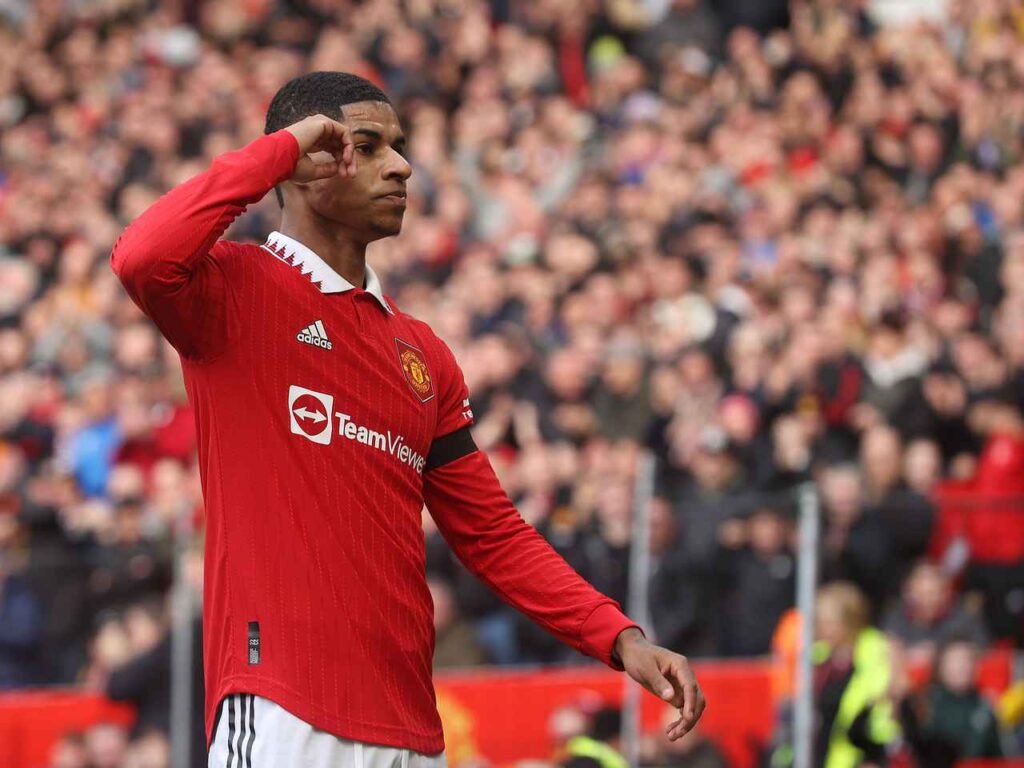
That’s all in the past now. Rashford scored 30 goals that season, the best return of his career so far, but after that his form plummeted. To be fair, so did United’s form in general. Did United’s form drop drastically because Rashford stopped scoring? Or did Rashford stop scoring because United’s form dropped drastically? The protagonist and the deuteragonist have been locked in this never-ending, inextricable relationship for nearly a decade.
Why can’t Rashford deliver more? Why can’t he do more? Maybe the better question is why United as a team cannot do more, why there must be a cult of personality around a single individual. Why do United need a saviour, a Bruno Fernandes, a Marcus Rashford, to deliver them from every evil? It is one of the biggest clubs in the world; it has always been and will always be too big for a single individual.
It ultimately boils down to regrettable failures in recruitment, which tend to leave and expect one person who has passed the good-enough-to-save-us test to actually go out there every day and do the saving. Bruno Fernandes has often been in this role as well – praised when he performs and vilified when he puts a foot wrong, weighed under the most disgustingly severe of microscopes.
United have never needed one or two capable hands; they need them all over the pitch to temper expectations on one individual. People close to Rashford have said that the player felt a particularly keen sense of expectation on him as a Manchester-born lad. Did that take its toll?
In 2023-24 he descended to a paltry eight goals in 43 appearances. That happened to be United’s worst season in the Premier League at the time as they finished eighth in the league, though a miraculous FA Cup victory over Manchester City saved Erik ten Hag’s job. But the following season saw more of the same. Rashford scored just two minutes into Ruben Amorim’s first game after he replaced Ten Hag as permanent manager. If that looked like a resurgence to anybody, their hopes would have been quickly dashed.
Rashford himself has been full of what can be described as “faults”. He has gone out for social nights when he shouldn’t and lied to the club. Amorim was also unsatisfied with what he considered a lack of adequate enthusiasm to train. Some people at Carrington said he looked fatigued.
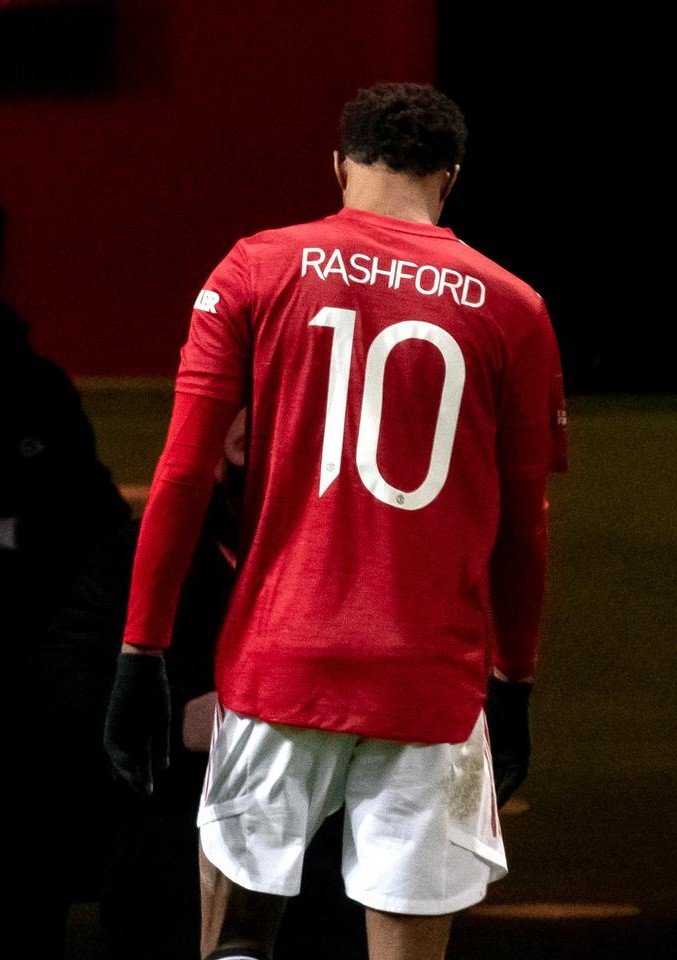
Perhaps at that point Rashford had become disillusioned with the club and was considering if it would be better for him to be elsewhere. Amorim certainly told Sky Sports that for the player to return to the squad, he “has to want it really, really bad”. And it was not just about the new manager. Near the end of his tenure, Ten Hag also had to take action to discipline the player and was unsatisfied with his mindset. Some of those issues were contained as much as possible and dealt with internally.
New co-owners INEOS have been deeply concerned about the club’s finances and with Rashford being one of the highest earners, they were always going to demand value for money. In light of that, it is perhaps unsurprising that the matter quickly came to a head. Rashford soon did an interview and admitted that he wanted to try elsewhere. Perhaps it was a matter he had been pondering for a long time and would have been relieved to finally get off his chest.
The loan move to Aston Villa was necessary, a six-month break from United while Rashford worked on his chances elsewhere. The player said he had wanted Barcelona back then but a move was not possible in January.
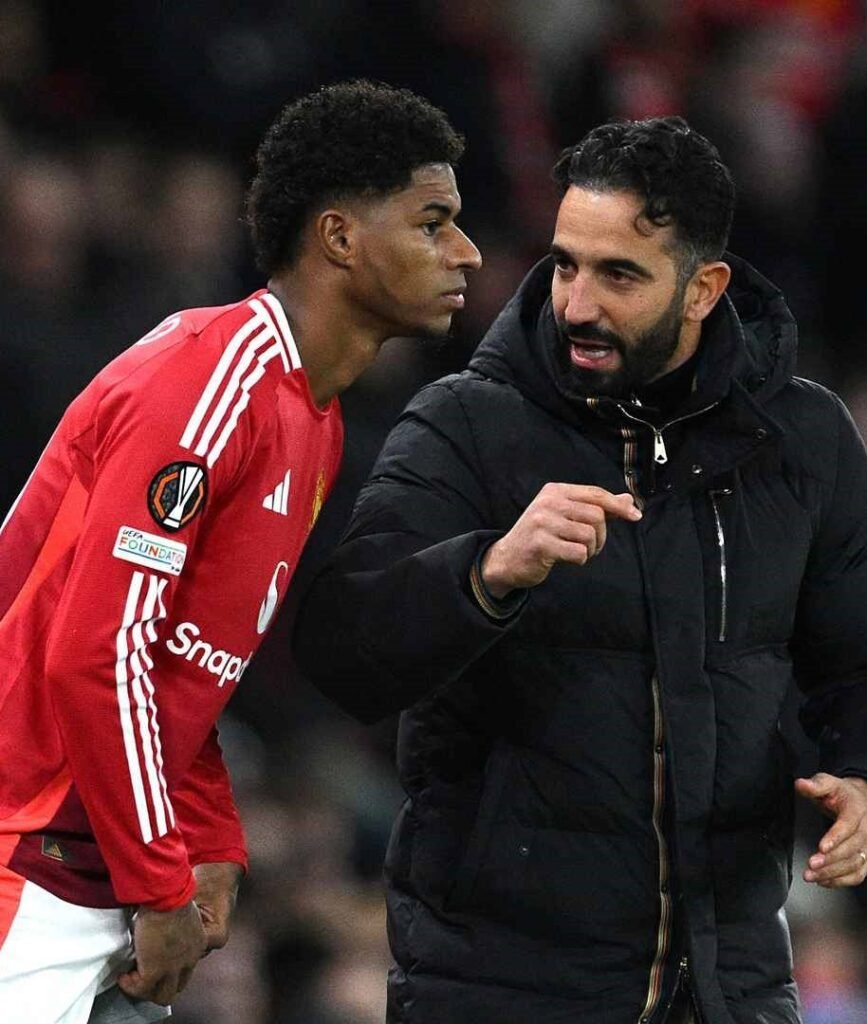
It was almost not going to happen this summer too. Barcelona needed a left winger, with Raphinha operating almost centrally and Robert Lewandowski’s injury leaving the front line paper thin at the tail end of last season. But the priority was Nico Williams, and after him, Luis Diaz.
Both deals were difficult to do not only because Diaz was not going to be released by Liverpool under any circumstances but also because they required significant spending, money which Barcelona just did not have. Nico Williams’ release clause was around €60m but even if Barcelona managed to pay that, there was the aspect of registering him.
The club have a salary limit set by La Liga which they must either stick to or find additional revenue. There was difficulty in registering Dani Olmo and Pau Victor last season precisely because of that. It is the same situation this summer and Williams was not willing to risk it. Barcelona’s failure to register him would mean a lack of playing time, which would endanger his chances of playing for Spain in the World Cup.
When he demanded an exit clause in case they were unable to register him, Barcelona refused and the deal fell through. An inquiry about Diaz was met with flat-out rejection and then came Rashford’s opportunity.
The deal makes complete sense for Barcelona, both financially and on the pitch. There is the fact of a potentially world-class player buried somewhere within Rashford and Flick would relish the opportunity to exhume him. He has one full season to do that. If successful, the Barcelona hierarchy would be more than delighted to slap €30-35m into United’s palm and say “Thank you very much”. Or at least the equivalent in Spanish.
For United and Rashford, it is a satisfactory parting of ways. There is no hatred between them, as the player rightly said in his first media appearance for Barcelona; there never will be. Only affection and a recognition of what each has given to the other. But sometimes two parties may love each other but the marriage just does not work.

